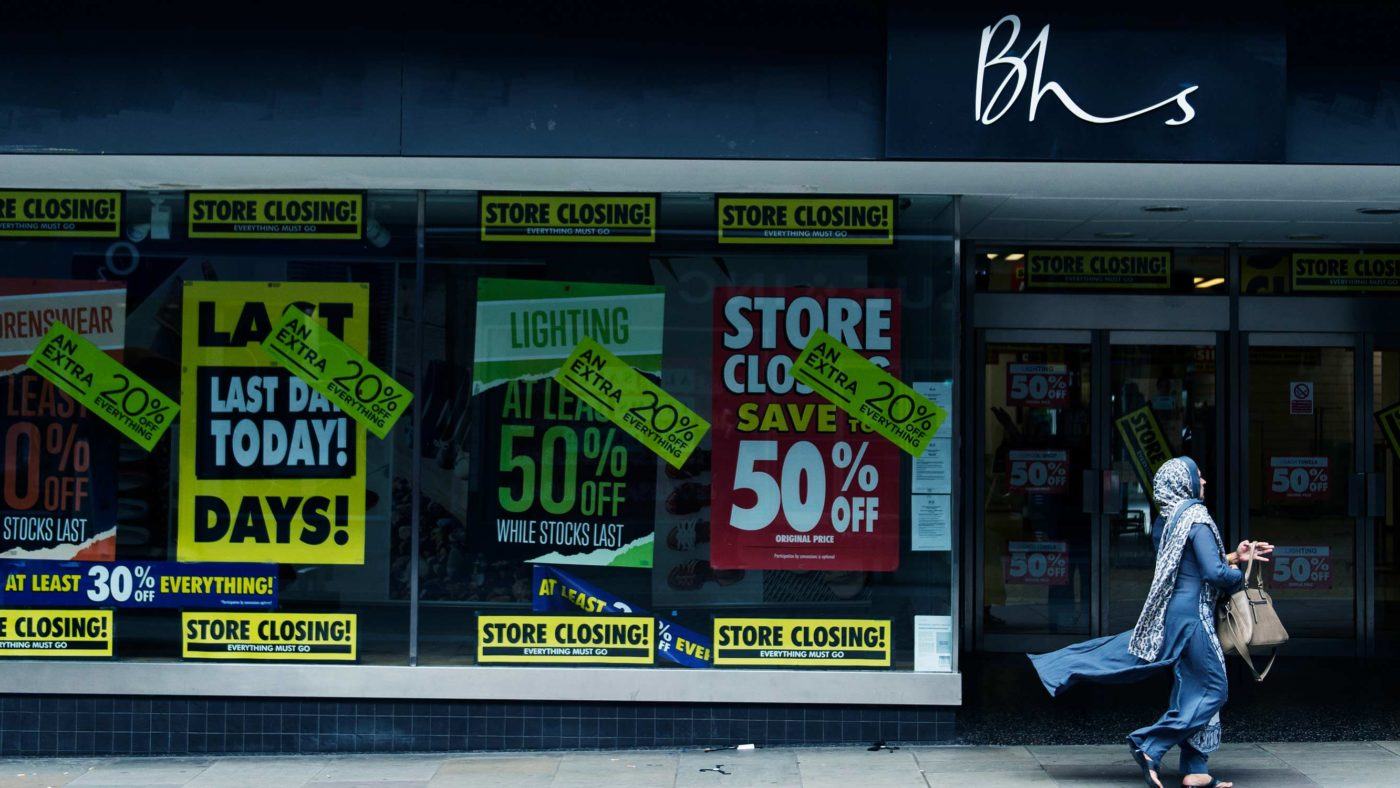Much of the reaction to the Government’s plans to reform the boardrooms of UK companies has been dismissive. This was probably inevitable.
Anything short of hard limits on employee-to-CEO pay ratios and directly electing workers to boards was always going to be too weak for the trade unions. On the other side of the argument, the Institute of Economic Affairs, writing on CapX, urges the Prime Minister to ignore concerns over executive pay altogether. This, apparently, is the reward the Government gets for taking a pragmatic, consultative approach.
But amid all the debate, less attention was paid to the third string to the government’s bow – namely, the reform of the governance of unlisted companies, which is actually (in our view at the IoD) the most important part.
Although they draw the most attention, only a tiny proportion of the UK’s companies are listed on the stock market. These companies are already tightly controlled by listing rules and have transparent enforced by the Corporate Governance Code, which is administered by the Financial Reporting Council, an independent regulator.
What goes on in unlisted companies, on the other hand, is mostly opaque.
Some large unlisted businesses are household names, such as John Lewis or Specsavers. But there are another 2,500 private companies with 1,000 or more employees, of which you’ve likely heard of only a few.
At the moment, the way their boards function is a black box; we only find out what is going on when something goes wrong. And as we saw with BHS, the fallout from the collapse of large private companies can be every bit as disastrous as in the listed sector.
It’s time to expose these firms to more scrutiny.
The code for listed companies forces boards to comply with a range of governance principles, such as ensuring that there are enough independent directors, or giving a decent explanation for why there aren’t. It strikes a good balance between protecting shareholders and allowing companies the flexibility to get on with running the business.
The Government’s Green Paper suggests a similar code for the very largest private companies, to give their stakeholders – including employees – a clearer picture of what’s happening in the boardroom. It’s an aim the IoD supports, having published the first UK guidance for these companies in 2010.
Many unlisted companies already practise good governance, and we’re aware that some directors will question why they should open up their activities to outside scrutiny.
The answer is trust. In a recent speech – which helps explain her motivation for bringing in these reforms – the Prime Minister cited figures showing trust in business runs at just 35 per cent among those in the lowest income brackets.
The reputation of the business community had barely recovered from the financial crash – where rightly or wrongly all firms were tarred with the same brush as the banks – when it emerged that Sir Philip Green had offloaded BHS for a pound to a guy with no obvious credentials to run a major high-street retailer, only for it promptly to go bust.
Complain about the cack-handedness of political meddling as much as you like, but unless unlisted businesses show a genuine desire for self-improvement, the impetus behind government action will grow, just as it did behind executive pay.
I would urge unlisted companies to get behind a voluntary code now, because if there is no evidence of change, a much tougher intervention will be on the cards.
The Government has kicked off a debate on executive pay, worker representation and the governance of unlisted companies. Many of the proposals are sensible, and show ministers want to be pragmatic.
The choice for companies is simple: engage now and get a decent hearing, or wait for the next scandal and take whatever new rules the politicians throw at you.


